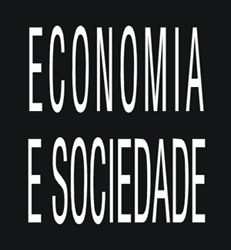This paper investigates the possibility of deindustrialization in the Brazilian automotive industry. It supposes that exchange rate appreciation and high commodity prices may inhibit the long run automotive industry performance. It also seeks to capture the effects of investment rate, interest rate, productivity, taxes and trade liberalization on car production. To do this, we used Cointegration analysis (Johansen Test) and Vector Error Correction Models (VEC), based on the period 2000-2012. The results suggest positive effects of currency appreciation and commodity prices on car production in the long run, which does not make it possible to confirm the existence of deindustrialization in the sector as a result of Dutch Disease. However, a high investment rate, low interest rate, higher trade openness, higher labor productivity and lower taxes are relevant in terms of stimulating car production in Brazil.
Deindustrialization; Automotive industry; Cointegration; VEC; Brazil

 Thumbnail
Thumbnail
